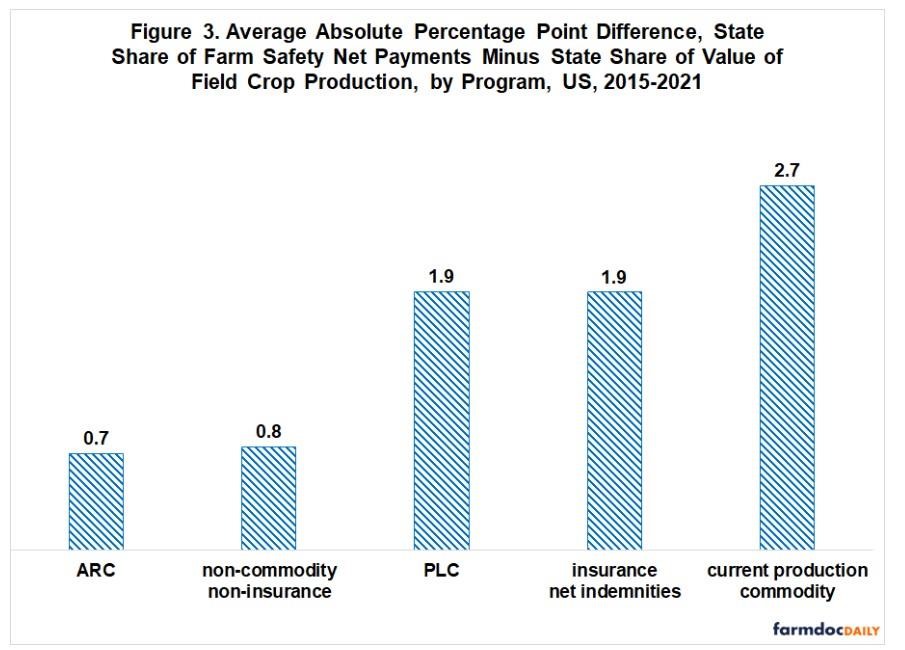
Carl Fichtenbaum, MD, of the Division of Infectious Diseases at the UC College of Medicine/Photo/Joe Fuqua II/UC Marketing + Brand
Healthline interviewed several experts for the bird flu story, including Carl Fichtenbaum, MD, of the Division of Infectious Diseases in the Department of Internal Medicine in the UC College of Medicine.
Fichtenbaum told Healthline that Bird flu or Avian Influenza is a variant known as the H5N1 Influenza strain.
“It has resulted in rare outbreaks in humans, most notably in the late 1990s in China,” he said. “One outbreak affected more than 800 persons with a case fatality rate of 50 percent.”
“One person in Colorado in late August 2022 was detected with an H5N1 strain or bird flu, though it was different than the strain in China from years ago,” he added.
Source : uc.edu